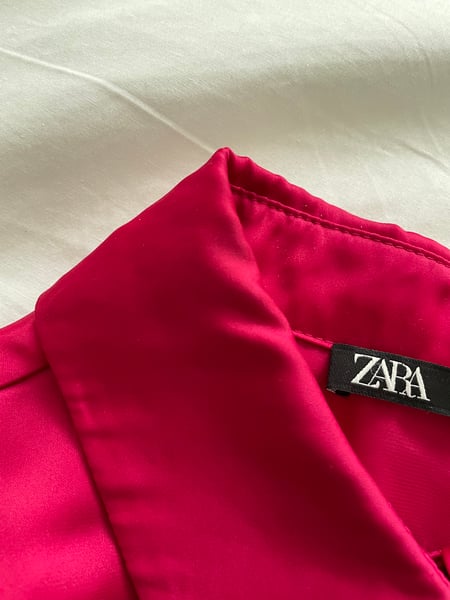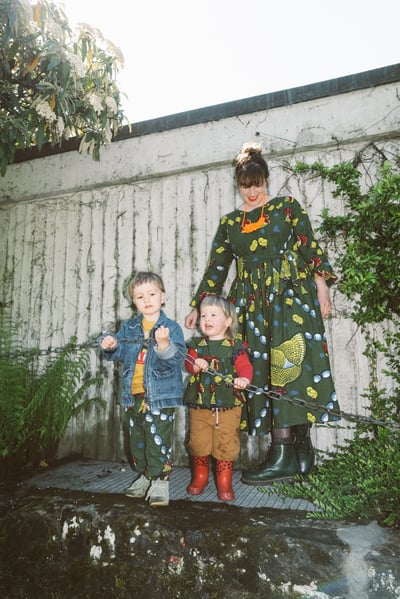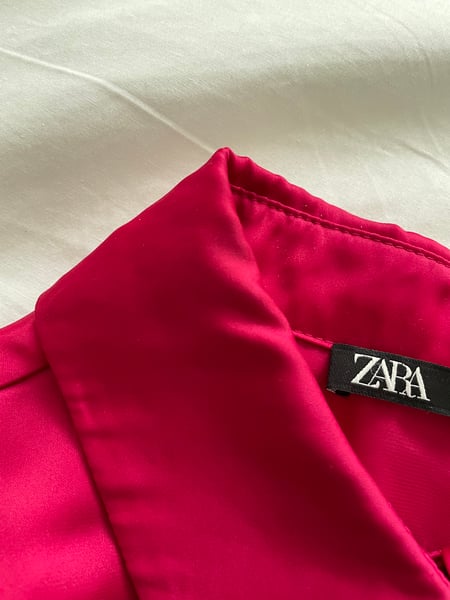You’re dying our rivers blue

As a designer, I must say that I’m quite disappointed with the fast fashion model that has graced our social abstracts from the late 20th century. A make believe fantasy made to entice consumers into purchasing off the run way clothes at cheaper prices. It’s impossible to pinpoint one specific brand or company as the originator of the “fast fashion” phenomena.
Nonetheless, there is some evidence that prominent fashion companies were instrumental in the emergence of the phenomena. Zara was started by Amancio Ortega in 1963 in Galicia, and it included items that were inexpensive replicas of popular higher-end apparel styles as well as generating its own distinctive creations.
Fast fashion labels create items in order to get the newest style on the market as quickly as feasible. They place a strong emphasis on streamlining some areas of the supply chain in order enable trends to be conceived and made rapidly and affordably. This allows the average customer to purchase current clothing patterns at a lesser cost. Large companies such as SHEIN, H&M, Zara, C&A, Peacocks, Primark, ASOS, Forever 21, and Uniqlo adopt this principle of speedy manufacture at an inexpensive price.
Whereas this too good to be true model continues to be received as the best solution to cheap and accessible clothes, wouldn’t it be wise to actively educate consumers on the cons of fast fashion?
Fashion firms are overproducing to keep up with contemporary trends whereas African countries are drowning in the debris that is sent to their borders every week from your favourite fashion brands. How exactly?
Every year tonnes of second hand clothes are imported into the country from countries like Canada, Germany, U.K and U.S.A. It is reported that Kenya is Canada’s number one export destination. Kenya spends approximately 20 million dollars on thrifted clothes which are donated in Canada and sold in Kenya by middlemen. One would term this as a heroic gesture but a lot of these clothes are not sold but rather end up in dumping sites.
Most of the clothes imported are usually old and worn out, this contributes to huge business losses. Vendors are often forced to burn the clothes behind market centres and as we all know, burning items does contribute to air pollution. Sometimes the clothes also end up in river banks. In fact, in a few years, fast fashion might be the largest contributor of global warming if the right measures of control are not adhered to.
This also raises a humanitarian question, why is Kenya and other African countries being used as a dumping zone?
Conscious fashion as a solution

With every problem in sight comes a solution and hence the rise of the slow conscious movement. The movement has risen in opposition to fast fashion, naming responsibility for pollution (both in the production of clothes and in the decay of synthetic fabrics), poor workmanship, and emphasizing very brief trends over classic style.
At Urban Change Lab, we strive to change the fashion narrative through our conscious fashion movement. We’re playing our part in the movement against fast fashion by creating a platform where consumers can request for single custom made items ; a form of slow fashion. By doing this, we give consumers a chance to pause and think hard about their consuming habits.

At the end of the day, consumers request for products that they need, products that can last through various seasons a trends. Consumers get to request for valuable items that can last through generations with a clear conscious.
